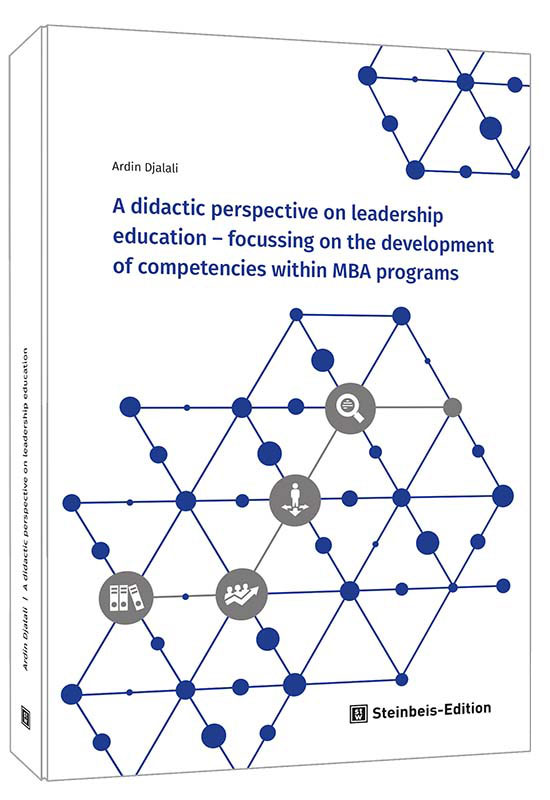Future economic growth and social progress rely in knowledge societies on innovation. Leaders and entrepreneurs require the formation of competencies as the fundamental condition for innovation and sustainable entrepreneurial success. Ardin Djalali explores – in the light of the widespread failures in leadership worldwide – how the education of leaders is didactically and substantively designed and internationally implemented in the course of Master of Business Administration (MBA) study programs. Teaching objectives, course contents, teaching methods, teaching media, and exam formats in different MBA programs are analyzed and compared with regionally-specific competence developments and profiles. The research provides inspiration for a future-oriented teaching framework for Master of Business Administration study programs, which does justice to the demands of the real world and is culturally sensitive.



